How to Survive the Formal Teacher Observation of Your Science Class
Are you a science teacher about to have a formal observation? Are you nervous about having everything going just right with a very hands-on activity?

How to Survive the Formal Observation of Your Science Class
After 30+ years of being formally assessed, I can still get a few butterflies! This has made me learn to be prepared! Let me help you with some tips I have put together to keep you relaxed and to walk away with a shining report.
Start Your Formal Observation Preparations at the Beginning of the School Year
Yes, start your formal observation prep on the first day of school. I know this sounds crazy but it really does work.
Set up the rules of your classroom and then post them around your walls to refer to them often. How do the students walk in? What do they do as soon as they arrive? How do they get their homework to you? All of these procedures should be established in September so that by the time you are observed in late fall or early spring these routines become automatic for your students. Your administrator will be super impressed if you simply have to point to a poster to redirect your students’ behavior.
Set Up Your Classroom Culture From the Start
Do you approach your students with positivity? Start your day with a smile and try to keep it on your face all day long. I know that sounds simplified and goofy but if you consciously think to yourself that you are not going to let small things get you down, it really does work!
If you have 20 students in front of you, and one is feeling negative and a bit disrespectful, it could be easy to let that change your behavior towards the rest of the class. Keep your attitude positive, add some humor(be careful to not be sarcastic) and try to get to the bottom of the student’s issues. Very rarely is the negativity of one student aimed at you personally.
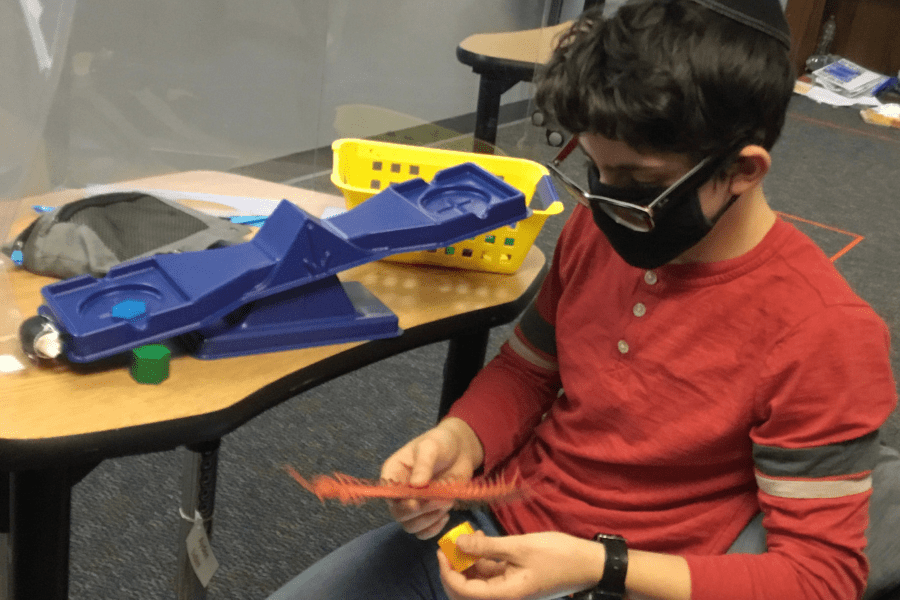
Part of your classroom culture is how you approach your teaching. Don’t teach frontally too often or, the opposite, always having them doing high-level challenges.
Break it up with videos, projects, games and other strategies to make them want to learn in your class. An administrator will feel that enthusiasm from the students as soon as they walk in the room asking “What are we doing today?”
Trust in Your Relationships
If you have worked since the first day of school to establish relationships, trust your students on the day of the formal observation.
If a student is slightly out of line, don’t panic. Remind yourself to fall back on the foundations that you set up earlier. If you get upset with a student, not only will it cause them to rebel from hurt, but you will have a hard time reestablishing that relationship long after the observation. Continue to smile when things are not going exactly as you planned. Being nervous and full of adrenaline is good, because it makes you think faster on your feet, but be careful not to let it cripple you.
If there is a student that has been particularly difficult for you before the observation, strategize ahead of time as to how you can deflect the behavior. Try enlisting that child’s help and give honest praise. Give him/her chances to succeed without being too obvious. Even in middle school, don’t underestimate how successful this can be!
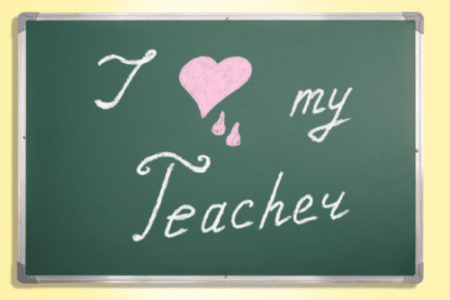
Establish Your Lab and Classroom Rules
Do students know what they can and cannot touch in your classroom? Do they know the boundaries of your desk, closets and drawers?
In my classroom, students know that if I have placed a tray of materials on their table before they arrive they may not touch anything before I give permission. I love how they remind each other about that. In fact, during one formal observation my administrator was sitting near one of the student groups in the back of the room and listening to them repeat my rules and directions to each other! Repetition is definitely key.
If there is a digital component to your lesson, are the students prepared? I always try to send documents via Google Classroom the night before and students know they must start their morning by loading anything that they need onto their device. I only use digital science notebooks so I specify what type of slide, or template, I want them to use in their Google Slides notebook.
A new addition to my classroom has been adding the app called Apple classroom. We are 1:1 iPads and this allows me to see all of their iPads screens on my own iPad! I can make sure that they are staying on task or lock them onto an app. It was definitely created by a teacher and I love it! The students actually like it too because they can ask me to look at something on their screen without them having to navigate their way to my desk so I can help them immediately.
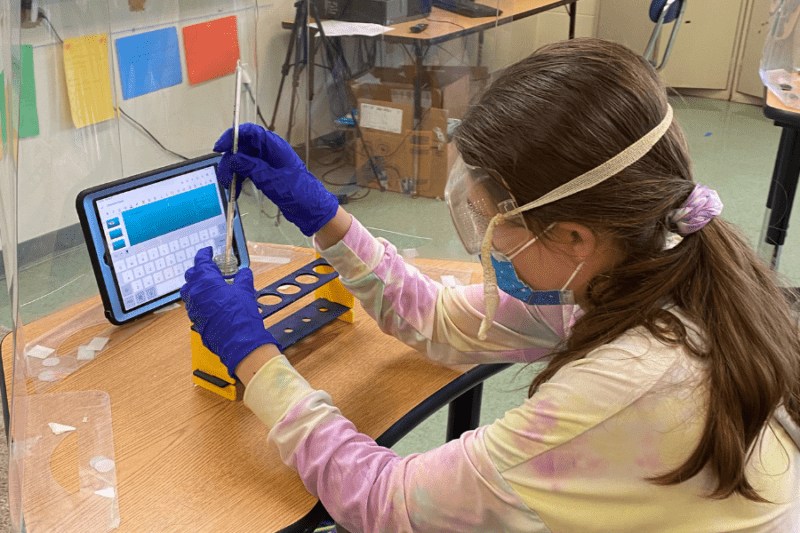
Prepare Your Observation Lesson Carefully But Be Flexible
The temptation to over prepare is understandable but it can also put you under a lot of stress.
One of the things that took me a long time to learn was that you must be realistic as to what you can cover in a class period EFFECTIVELY.
By presenting too much new information students can start feeling overwhelmed, frustrated and then act out. Choose a single goal that you flesh out with lots of supporting information and activities rather than trying to teach many concepts at once.
For example, let’s say you were trying to present Newton’s First Law of Inertia. Teaching this only verbally can be rather confusing, so try having several different demonstrations. Perhaps a one to two minute video plus examples from their lives. This has the students tying the concept into their previous knowledge much more effectively. If they didn’t understand one method then another may solidify the concept.
Use the class time to creatively teach the same information in several ways.
It is tremendously helpful to have a checklist to keep yourself organized and on path during this potentially stressful time. Gathering all the materials and remembering all the details can be daunting. I put together this FREE FORMAL OBSERVATION CHECKLIST for you.
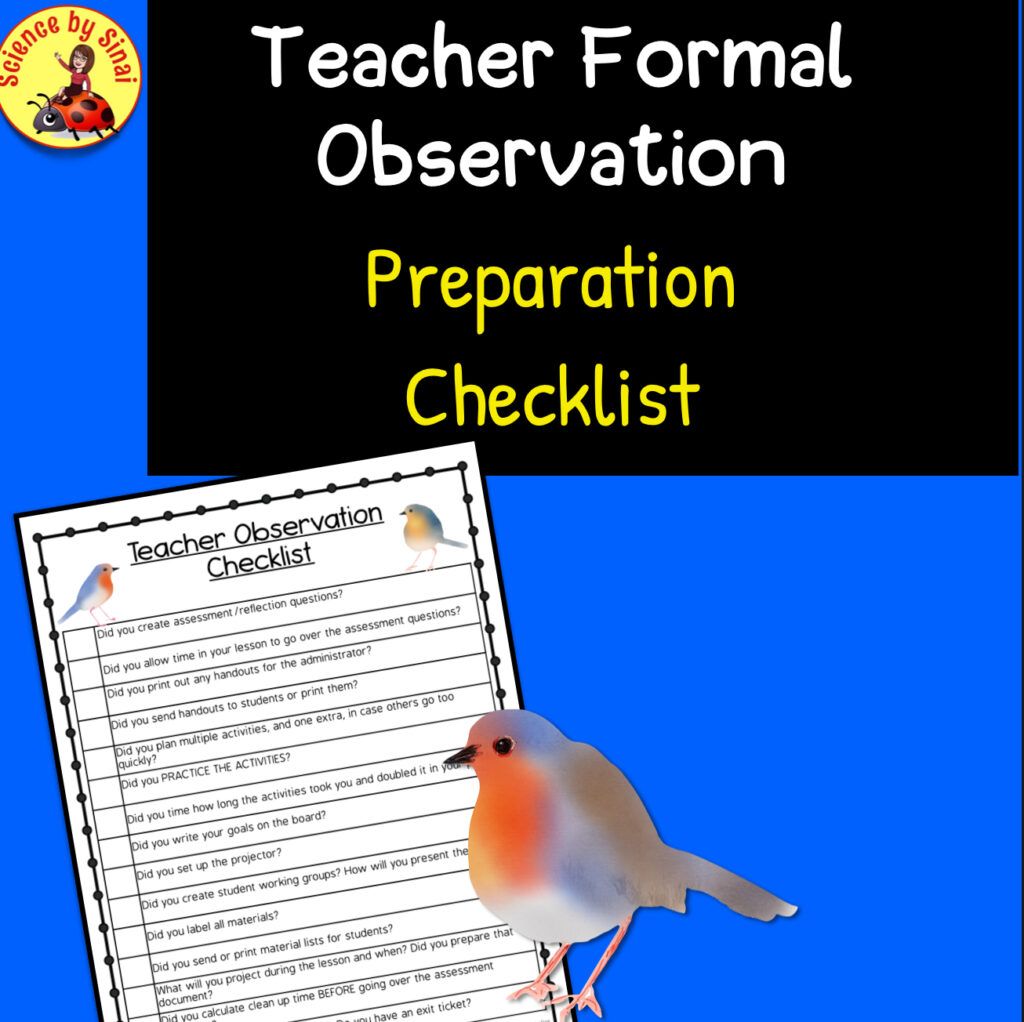
State Your Goal and Stick to It
You can be sure that your administrator is looking for your objective/goals to be displayed on your board at the beginning of your lesson. Be very realistic with what you post! If you don’t reach all of those goals then that will be a point of criticism on the evaluation.
As I said before, shoot for a full understanding of one key concept.
Have Your Materials Organized
Refer to your posted objectives and goals with the students as you move your way through the lesson. When students see that there are several tasks to do, they tend to transition better than surprising them with a new activity every few minutes.
Not just for formal observation day, but all labs should be organized and well structured. This keeps them running smoothly, keeps the students safe, materials respected and encourages organized clean up.
Once again, set up this norm at the beginning of the school year.
Make sure the students understand the flow around your classroom to the trash can, to the sinks, to the materials collection station, etc. The last thing you need is students frantically asking questions as to where something is while you are trying to move along with your lesson. Place all materials in well marked containers that you set up earlier that day.
If you are working with technology make sure that it is running smoothly before the class begins. Whatever you sent the students the night before should be projected for everyone to view. Quite often your administrator will ask for a print out of any handouts that you are working with during your lesson.
It goes without saying but…..PROOFREAD!
Make Your Introduction a Winner!
Your administration is going to be watching you the most during the first 10 minutes of your lesson. What did you do to prepare your students BEFORE the day of your activity?
It is very effective to have the students read both background information and the lab procedure the night before. This should be a practice that you do all year long so the students are used to realizing that if they didn’t read then they will be at a loss. If the students are waving their hands frantically with eagerness to answer your introductory questions, this will start your lesson on the correct footing.
Demonstrate how you are tying the new information into what they have learned previously. Students will organically help you by bringing in their own past experiences to the opening discussion.
Watch Your Time Management During the Observation
I wrote a blog post about time management in the science classroom and this is super critical while being watched. Practice all of your activities ahead of time and tack on a few minutes extra. If you are doing a longer lab, have pause points to ask questions for understanding.
There is nothing worse than a harassed, rushed teacher barking at students to finish their lab and clean up in the last few minutes of class. How you wrap up your lesson is critical!
End the Class with a Purpose
Every administrator is going to be looking very closely at how you summarize and assess the learning at the end of class. In fact, while you are planning your formal observation lesson it may help to start from the end and work backwards!
What are your assessment questions? What skills do you want them to display? How long will it take to clean up all of the materials? Where should the materials be placed?
Make sure that all of these goals are in your mind ahead of time, and even better, in the minds of the students as well. If the students have reflection questions that are expected of them, have them projected during the lab to guide them. Label clean up areas ahead of time, preferably in places that are familiar from past labs.
Try to Relax and Go With the Flow
Some administrators come into formal observations with a stern face and clipboard and that can be very intimidating. This could be someone that you have a great relationship with out of class but things suddenly got serious for observation time.
If you are prepared, maintain a sense of humor, and watch your time carefully, it will get easier and easier. Remember to go get my free Teacher Formal Observation Preparation Checklist. Remind yourself that you know your material and your students well and these are your best tools to demonstrate your talents!




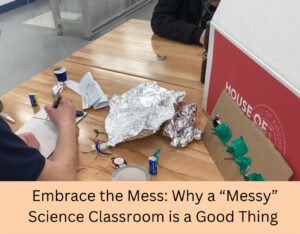
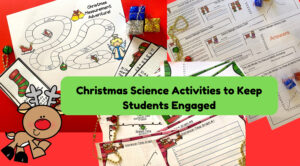
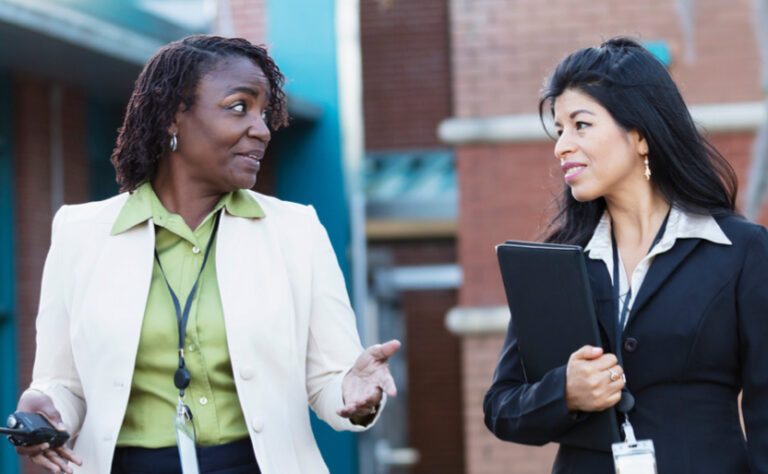


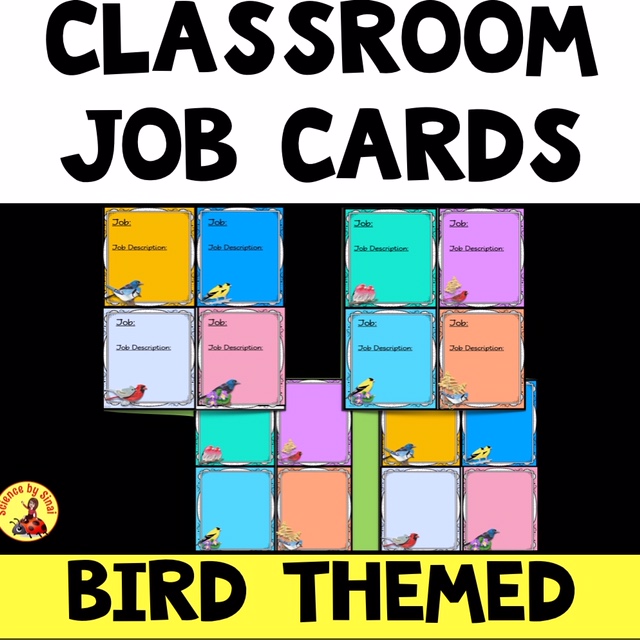
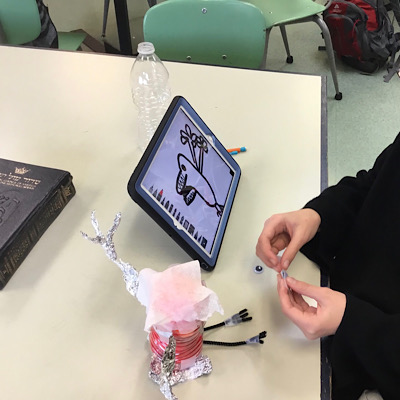

Great tips, thank you!
Thank you! I appreciate your feedback.